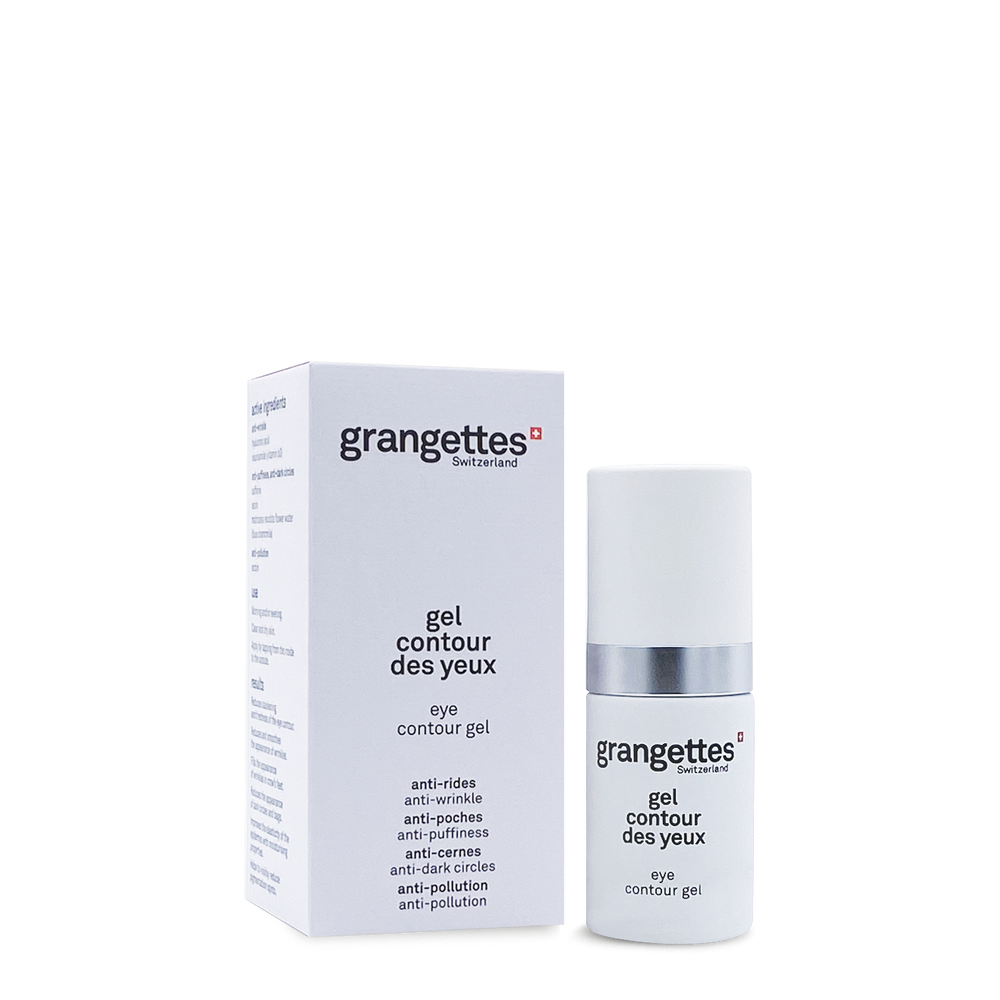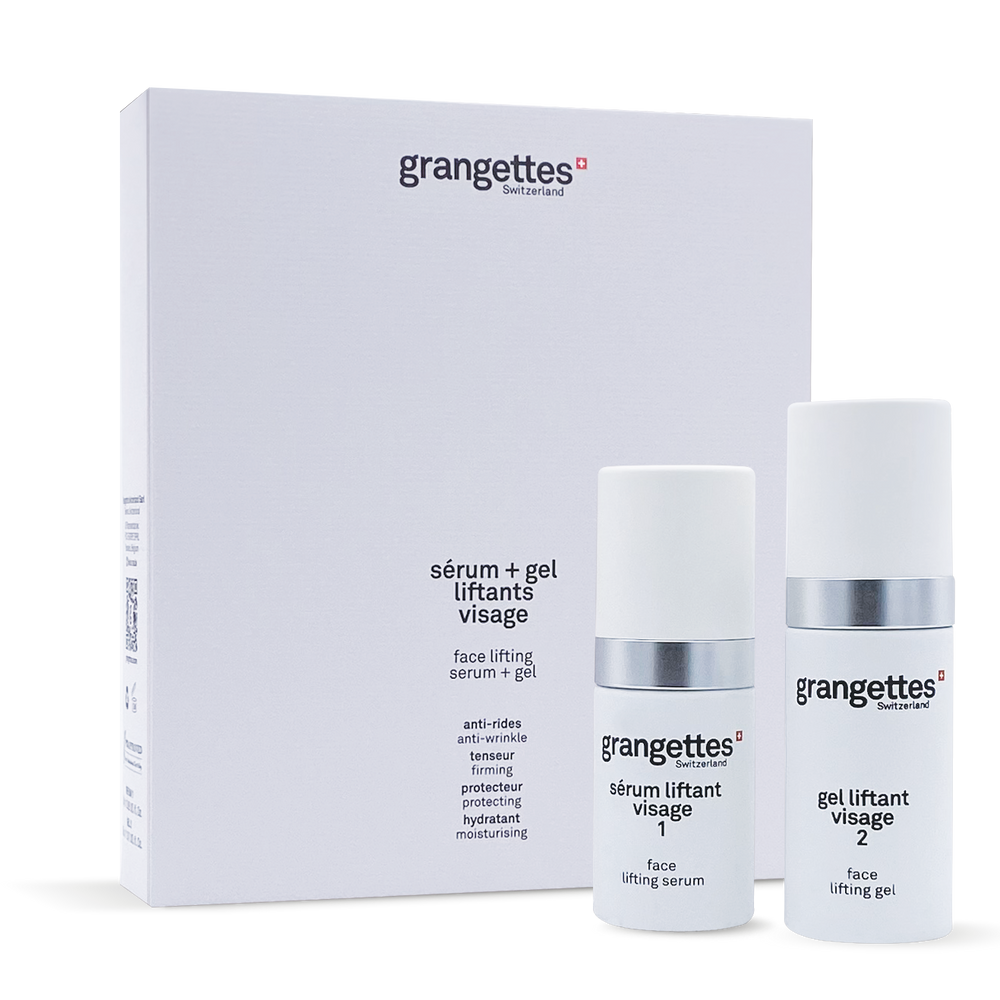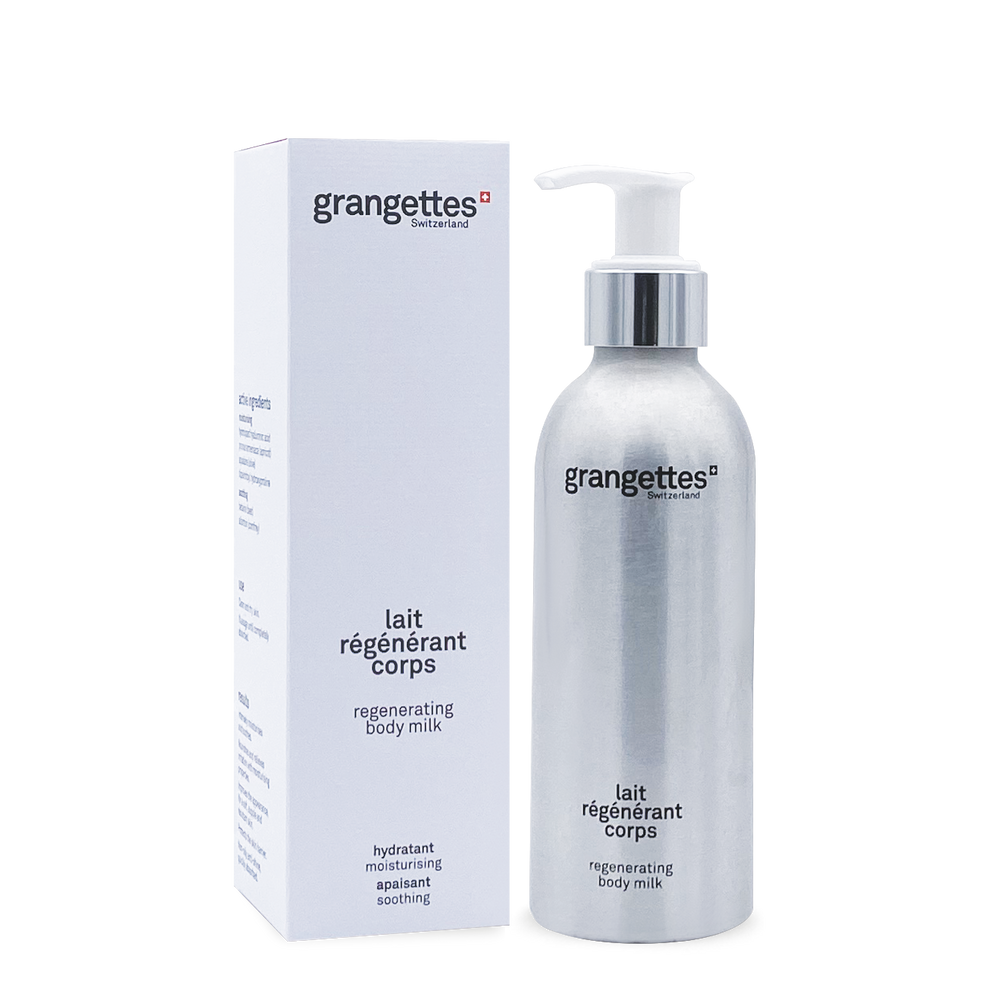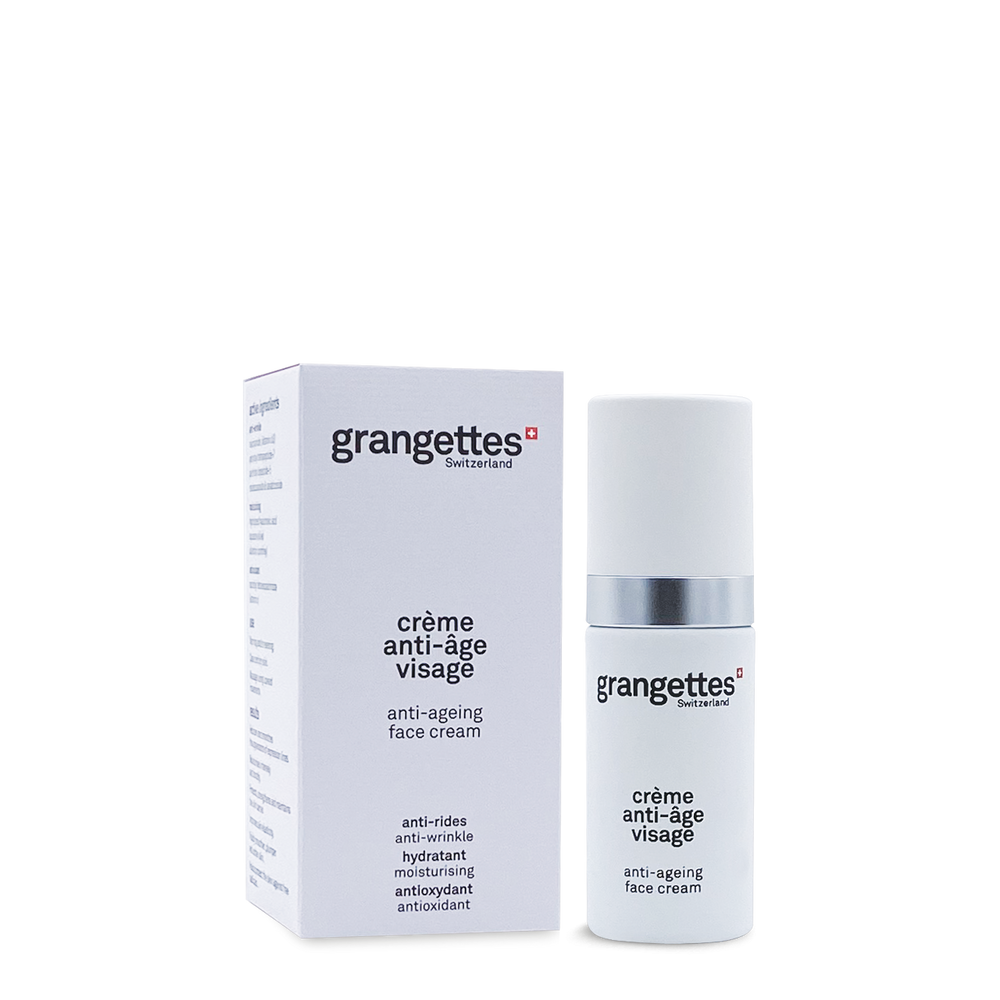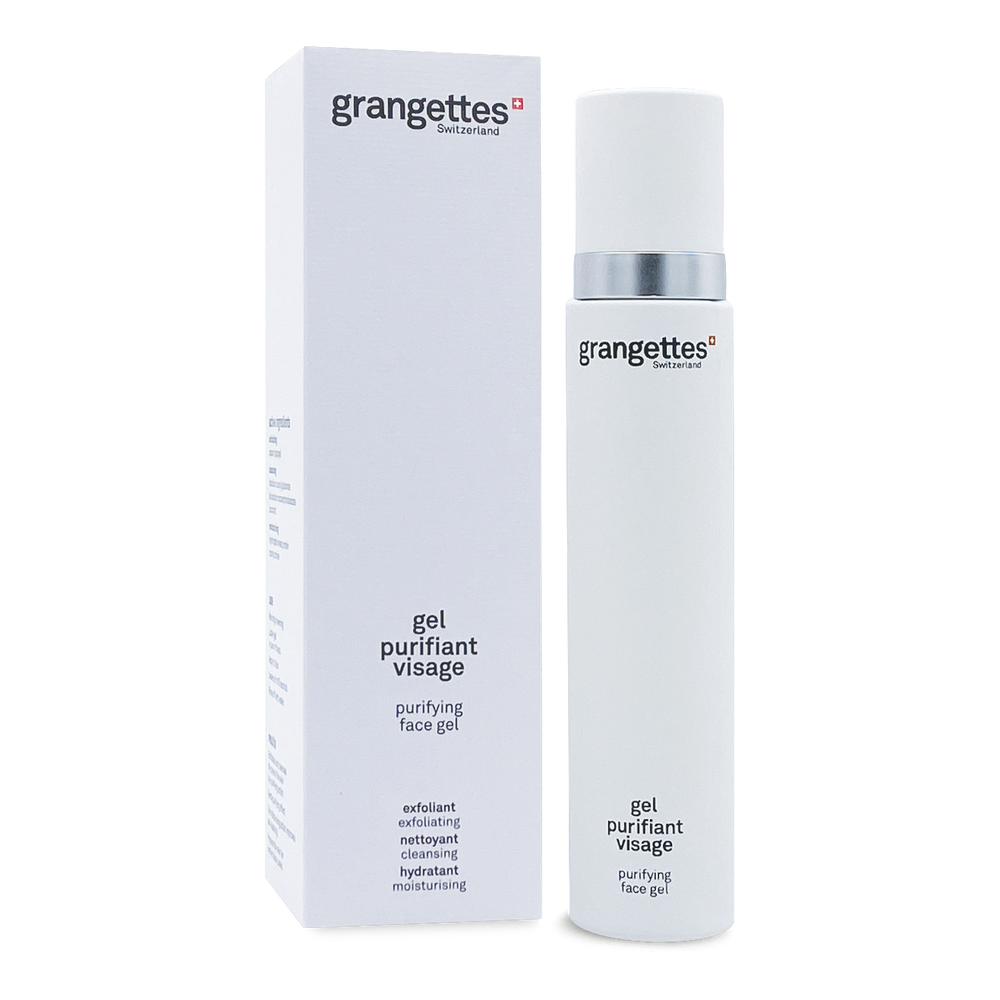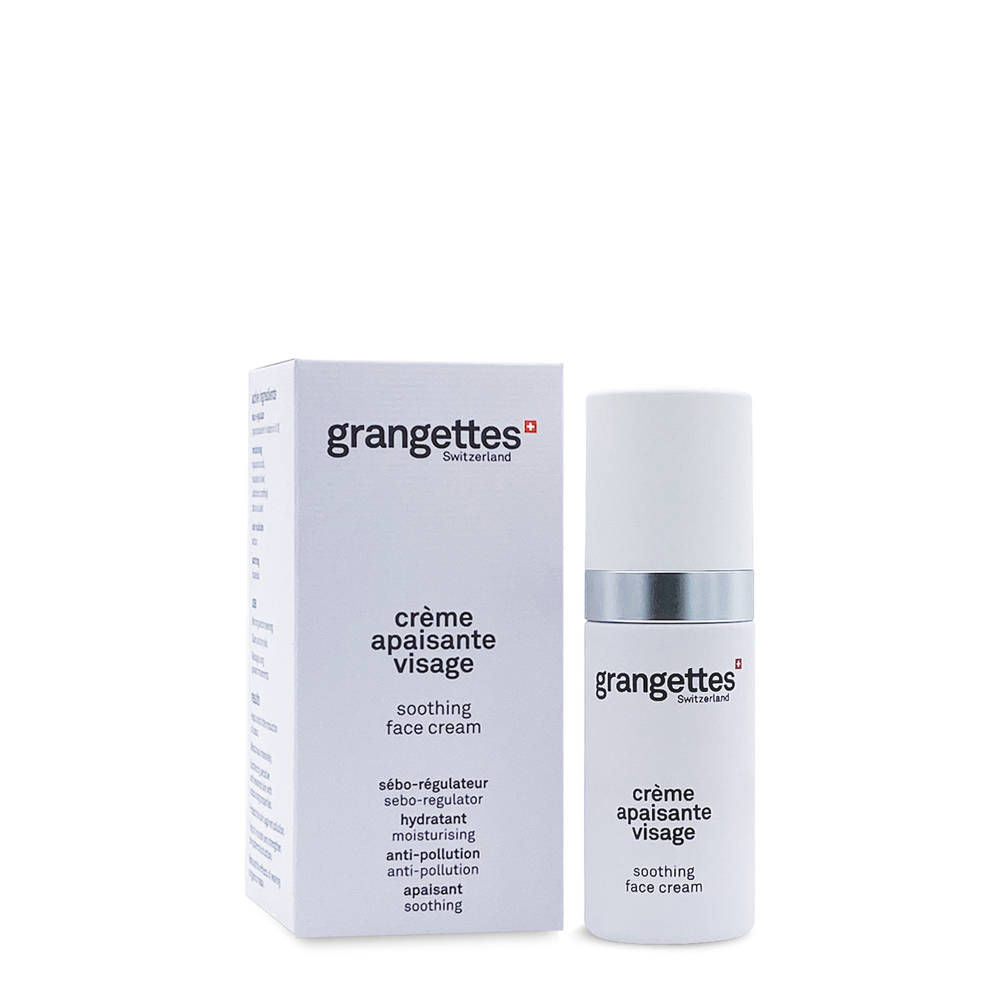Ingredient #1: parabens
Among the ingredients to avoid in cosmetics are first and foremost parabens. They are widely used as preservatives in cosmetics to extend product shelf life and prevent bacterial growth. They are often found under these names: methylparaben, propylparaben, butylparaben, ethylparaben.
Why avoid these ingredients in cosmetic products?
Studies have shown that parabens can mimic hormones (notably estrogens), thus disrupting the endocrine system. Although the doses present in cosmetics are low, prolonged exposure could have negative health effects.

What alternatives?
Favor products with natural or mild preservatives, such as phenylpropanol, often used in organic cosmetics, citric acid, or grapefruit seed extract.
Ingredient #2: sulfates (SLS and SLES)
Sulfates, such as Sodium Lauryl Sulfate (SLS) and Sodium Laureth Sulfate (SLES), are foaming agents found in many shampoos, shower gels, and cleansers.
Why avoid these ingredients in your cosmetics?
These ingredients pose a danger because they can irritate the skin and scalp, especially in people with sensitive skin. They can also dry out the epidermis and cause tingling after showering, itching, and redness when present in excessive amounts.
What alternatives?
Choose cleansers based on mild surfactants, such as cocoyl proline, which is a plant-based surfactant derived from the amino acid proline and coconut oil. It gently cleanses the skin or hair without damaging the hydrolipidic film.
Ingredient #3: phthalates
Phthalates are chemical substances used to soften plastics, but they are also found in some perfumes and nail polishes.
Why avoid these cosmetic ingredients?
-
Phthalates are considered endocrine disruptors: they can interfere with hormones, especially estrogens and testosterone.
-
Some studies link them to fertility problems.
-
They are sometimes associated with allergic reactions or skin irritations, although this depends on the dose and individual sensitivity.
What alternatives?
Look for products labeled "phthalate-free" or choose cosmetics with 100% natural fragrances. You can use cosmetic analysis apps to be sure to choose cosmetics that exclude these harmful ingredients.
- Regular price
- 40,20 €
- Regular price
- Sale price
- 40,20 €
- Unit price
- per
- Regular price
- 85,00 €
- Regular price
- Sale price
- 85,00 €
- Unit price
- per
Ingredient #4: silicones
Among the ingredients to avoid in cosmetics, silicones, such as dimethicone or cyclopentasiloxane, hold a prominent place. These polymers are used for their smooth and silky effect in creams, serums, and foundations.
Why avoid these cosmetic ingredients?
Silicones can suffocate the skin and thus prevent natural skin breathing. In the long term, they can clog pores and cause excess sebum and blemishes (chin pimples, cheek pimples, on the forehead...).
What alternatives?
Favor natural oils and butters (such as jojoba oil, shea butter or plant-based squalane) that nourish and smooth without leaving an occlusive film.
Ingredient #5: mineral oils
Mineral oils, such as paraffinum liquidum, mineral oil, petrolatum, are used for their occlusive effect and smooth texture.
Why avoid these ingredients in cosmetics?
These ingredients can suffocate the skin and prevent its natural hydration. Moreover, some industrial-grade mineral oils can be contaminated with harmful petrochemical residues.
What alternatives?
Prefer virgin, cold-pressed vegetable oils, such as argan oil, hemp oil, or rosehip oil, which nourish and repair the skin.
Ingredient #6: comedogenic ingredients
Some comedogenic cosmetic ingredients, even natural ones, can clog pores and cause blemishes.
Why avoid these ingredients in cosmetics?
For skin prone to pimples, blackheads, whiteheads, these ingredients can worsen acne and irritations.
What alternatives?
Opt for non-comedogenic cosmetic ingredients, such as jojoba oil, aloe vera or plant-based squalane.
- Regular price
- 40,20 €
- Regular price
- Sale price
- 40,20 €
- Unit price
- per
- Regular price
- 42,50 €
- Regular price
- Sale price
- 42,50 €
- Unit price
- per
Ingredient #7: allergens
Cosmetic allergens are chemical or natural substances capable of triggering a skin allergic reaction in some people. These reactions can range from mild irritation to severe manifestations, such as redness, itching, swelling, or eczema.
Why avoid these cosmetic ingredients?
-
Local reactions: redness, itching, dry patches, mild burns.
-
Chronic reactions: progressive skin sensitization that can lead to eczema or reactions to future cosmetic products.
-
Complications for sensitive or problematic skin: acne, rosacea or atopic skin can be worsened.
What alternatives?
Test pure vegetable oils, such as jojoba oil, argan oil, or sweet almond oil, which are generally well tolerated. Find the list of allergenic ingredients in cosmetics to avoid in our dedicated article!

Ingredient #8: PEGs
The PEG (PolyEthylene Glycols) and their derivatives (often noted PEG-xx or PPG-xx in INCI lists) are emulsifying or humectant agents made from ethylene oxide, a substance derived from petrochemicals.
They are used for:
-
Mixing the oil and water phases (in creams, lotions, cleansing milks)
-
Make the texture softer and more pleasant
-
Enhance the penetration of other ingredients into the skin
Why avoid these ingredients in cosmetic care?
PEGs are produced by ethoxylation, a chemical process involving ethylene oxide, a substance classified as carcinogenic at certain doses. These residues are normally no longer present in finished products, but their environmental and toxicological impact remains concerning.
Moreover, PEGs can alter the skin barrier, especially when used in large amounts. This can make the skin more permeable, promoting the penetration of other substances, sometimes undesirable (pollutants, allergens...).
What are the alternatives to PEGs?
Fortunately, there are many natural and more respectful alternatives. This is especially true for plant-based emulsifiers, derived from vegetable oils or sugars such as Cetearyl Glucoside, Glyceryl Stearate Citrate, or Sucrose Stearate; these emulsifiers are gentle, biodegradable, and respectful of the hydrolipidic film. To replace the humectant role of PEGs, you can rely on vegetable glycerin, Aloe vera, or even natural betaine, as they maintain hydration without irritating the skin.
Grangettes Switzerland: a safe alternative for choosing healthy cosmetics
To take care of your skin and health, Grangettes Switzerland cosmetics are formulated with great care. We review and adjust our formulations with each production batch, based on the latest available scientific research. Thanks to this rigorous selection of the best ingredients, we achieve the highest rating on Yuka, Cleanbeauty, Incibeauty, which are cosmetic evaluation platforms. A key asset that guarantees you formulations without undesirable substances: phenoxyethanol, parabens, silicones, PEGs, irritants, allergens, comedogenic ingredients, petroleum derivatives, endocrine disruptors, pollutants, or animal-derived products are excluded from our cosmetics.
And since they are designed with the utmost care, our cosmetics are also perfectly suitable for pregnant women and children.
- Regular price
- 41,35 €
- Regular price
- Sale price
- 41,35 €
- Unit price
- per
- Regular price
- 40,20 €
- Regular price
- Sale price
- 40,20 €
- Unit price
- per



